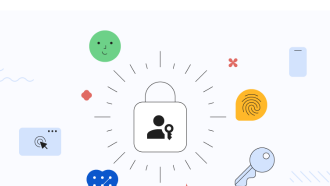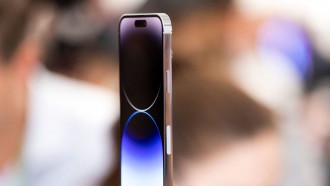Universities in Japan are restricting the use of ChatGPT due to concerns about information leaks. With over 100 million users worldwide, the AI-powered application has become increasingly popular among students for use in essays and other assignments.
However, there are concerns that using ChatGPT may result in incorrect answers or copyright infringement. Furthermore, there is a risk that the AI will acquire sensitive information and disclose it to third parties.
Japanese Universities Ban ChatGPT Use
To address these concerns, The Straits Times reports that Japanese universities are now restricting the use of ChatGPT in essays and other papers.
Sophia University has recently published its grading policy, which states that without the permission of instructors, the use of text, program source code, and calculation results generated by ChatGPT and other AI chatbots is not permitted on any assignments. The statement also warns that if detection tools detect the use of ChatGPT, strict measures will be taken.
It is worth noting that there have been prior instances where educational institutions have taken steps to limit the usage of the latest technology.
For instance, in January of this year, to mitigate the risk of academic dishonesty, the public school systems in New York City and Seattle prohibited using the AI tool on their Wi-Fi networks and electronic devices.
More Japan Universities Rolling Out Measures to Address AI
The Straits Times reports that the University of Tokyo has also posted a document on its internal website stating that students must create reports that cannot be made solely with the assistance of AI.
Nagahiro Minato, president of Kyoto University, has also commented on AI-generated papers, stating that writing takes a lot of energy but strengthens students' mentality and ability to think.
Universities also encourage faculty to take action by rethinking how assignments are assigned and exams are administered.
Tohoku University has urged faculty to consider how AI will react before assigning exercises and reports, as well as to switch to an exam format that requires students to write in class.
Dr. Motohisa Kaneko, a professor at the University of Tsukuba specializing in higher education, has stated that simply prohibiting students from using generative AI in their essays is difficult. Instead, instructors must be more creative by requiring students to submit reports before administering oral exams.
Read Also: Experts Caution Against Sharing Too Much With Your AI Chatbot
Antony Aumann, a philosophy professor at Northern Michigan University, took a similar step when he modified the essay-writing requirements for his classes, requiring students to write first drafts in class and later drafts with explanations of each revision, as reported by New York Times.
The use of AI in education is a growing concern around the world, and Japan is not alone in its efforts to regulate its use. European countries like Italy recently proposed new regulations requiring AI to be transparent, explainable, and safe. The United States is also grappling with how to regulate the use of AI in education.
Stay posted here at Tech Times.
Related Article: Security Researcher Develops Powerful Data-Mining Malware Using ChatGPT






